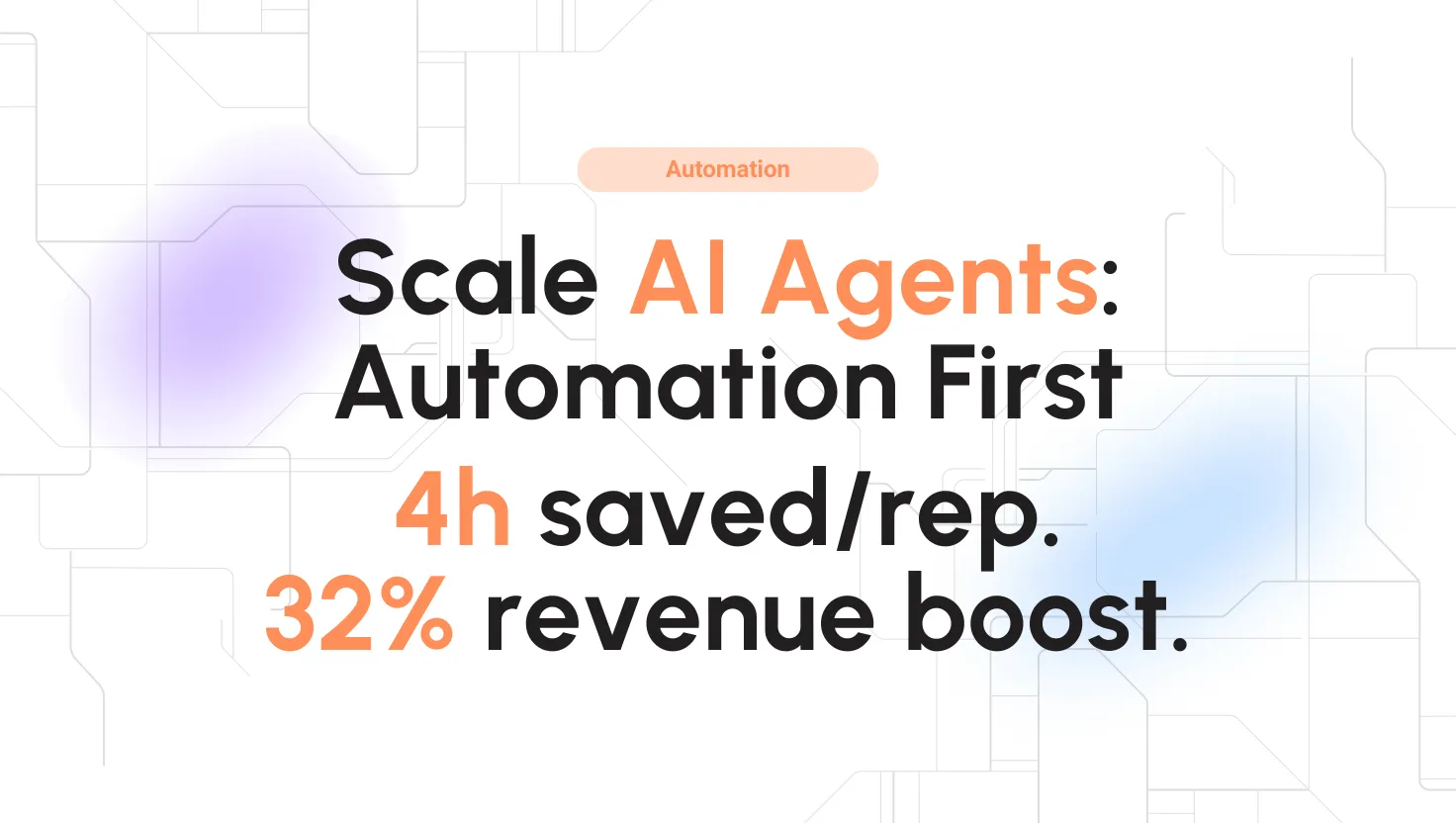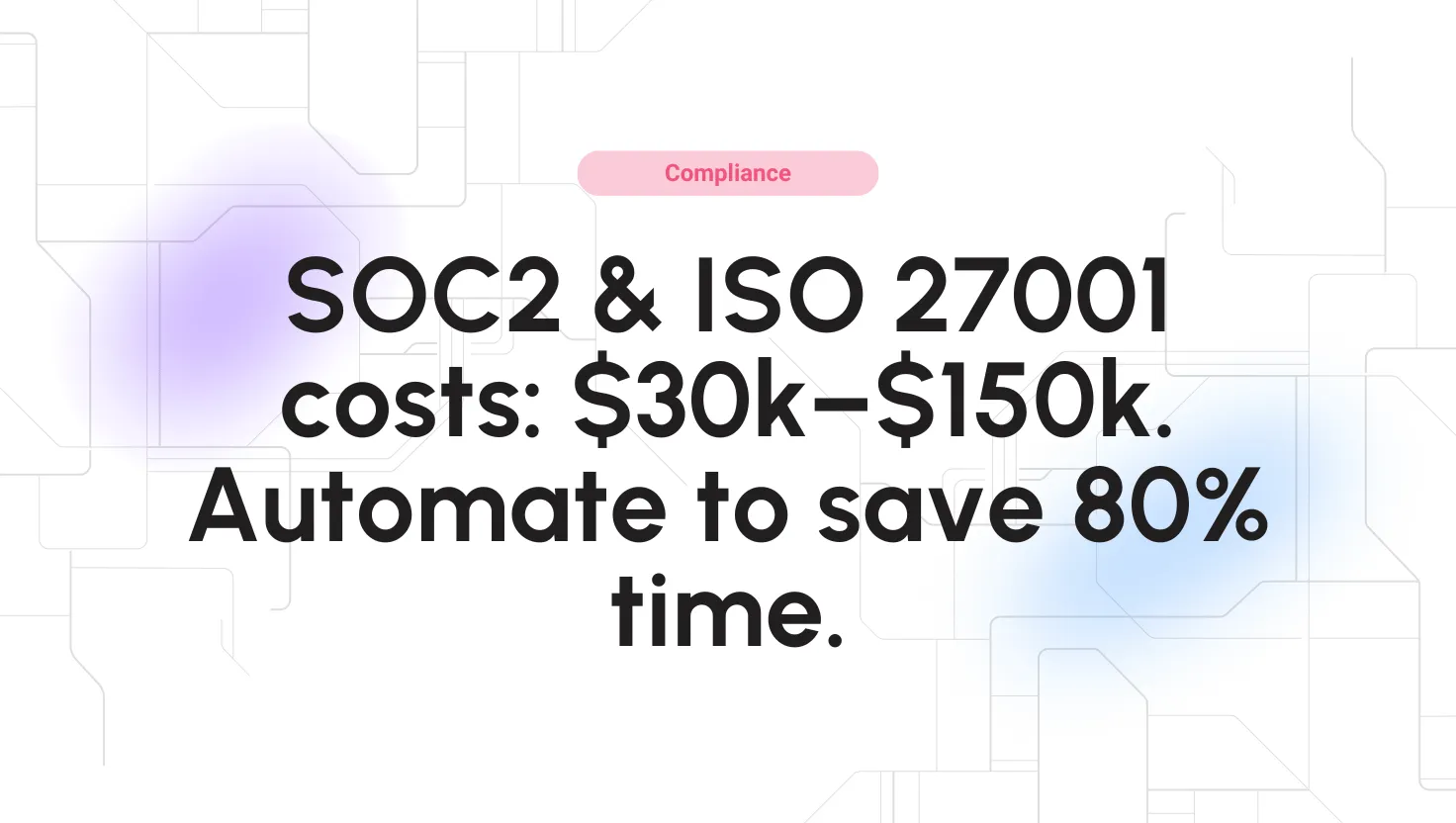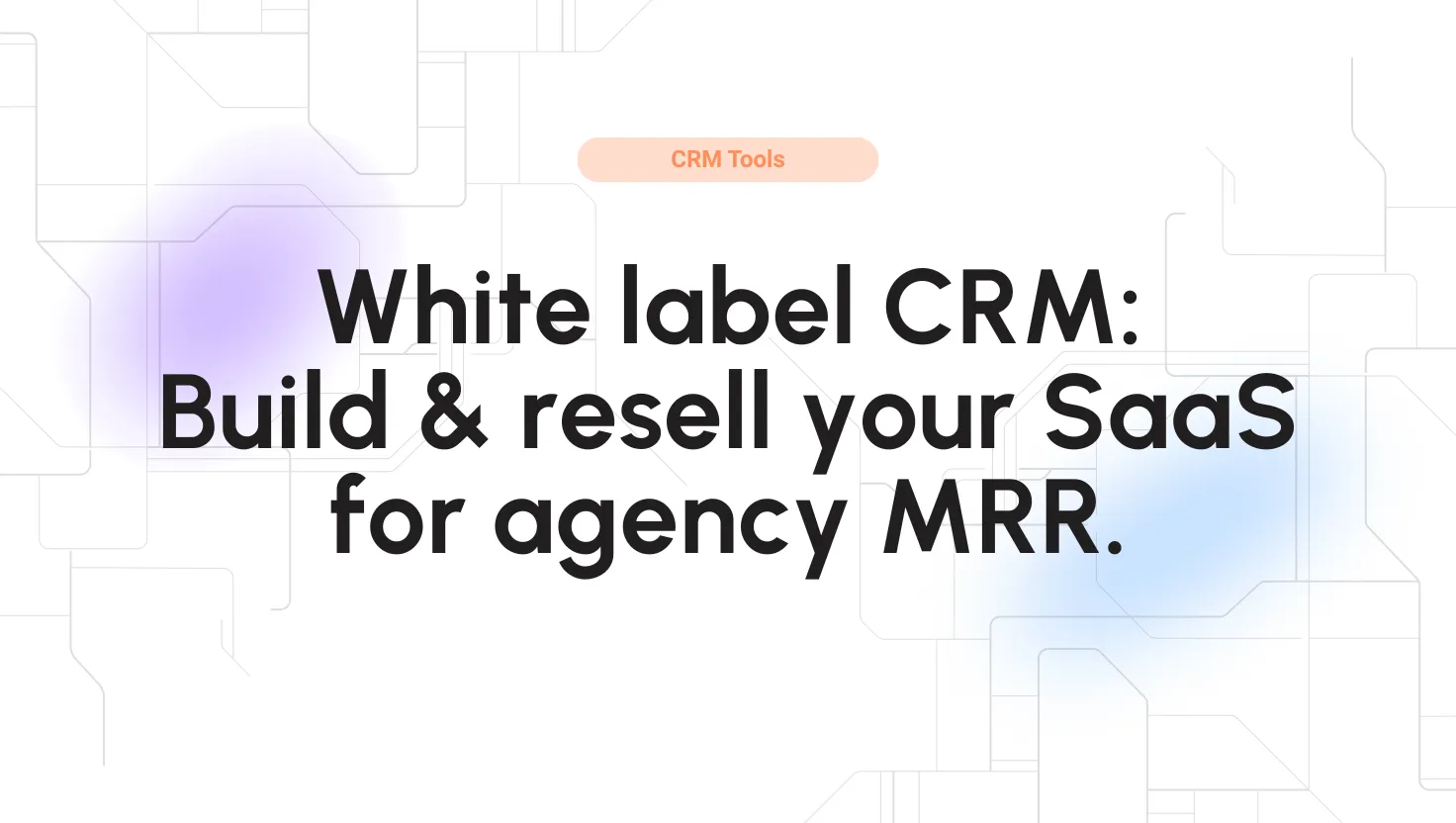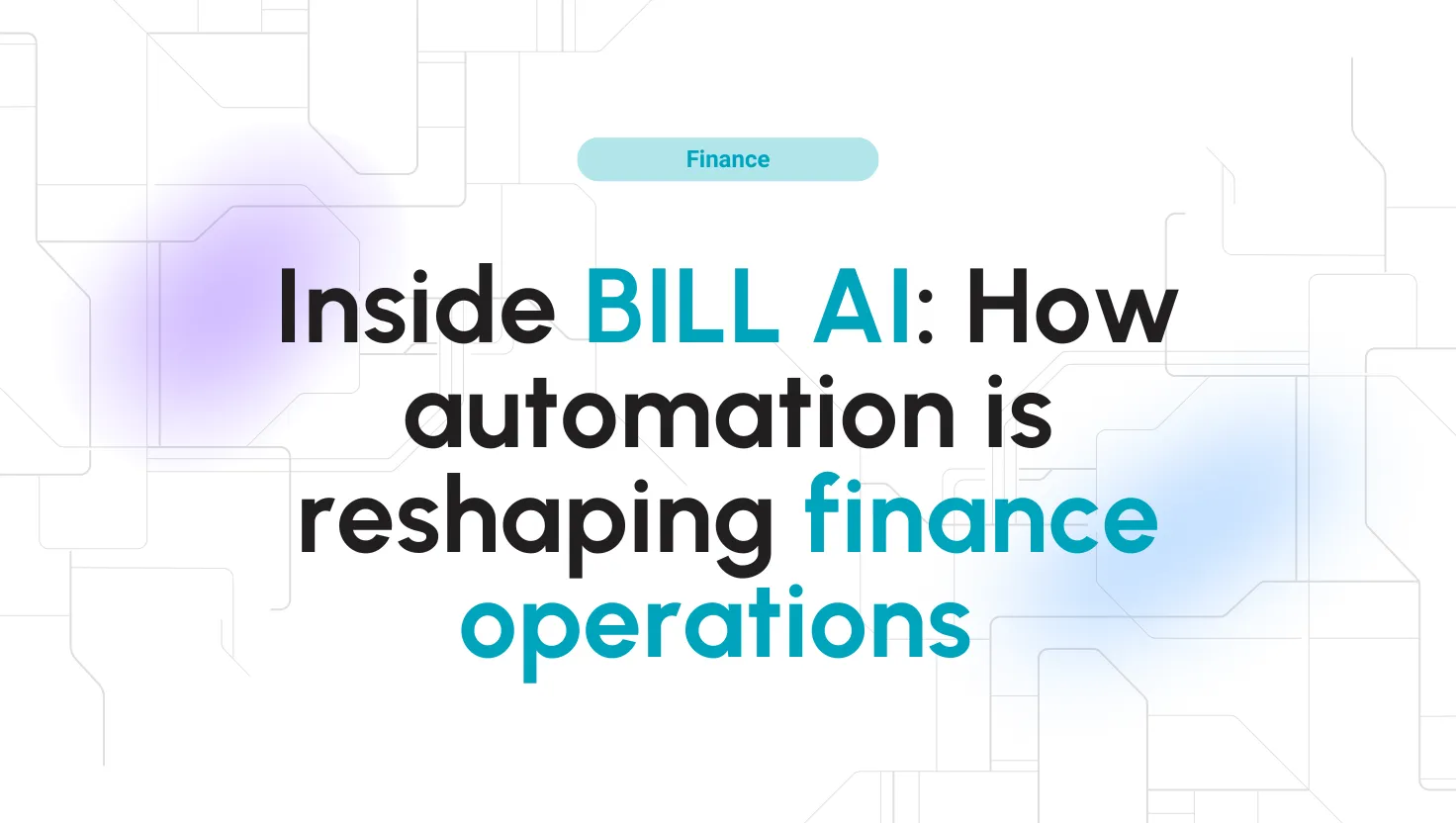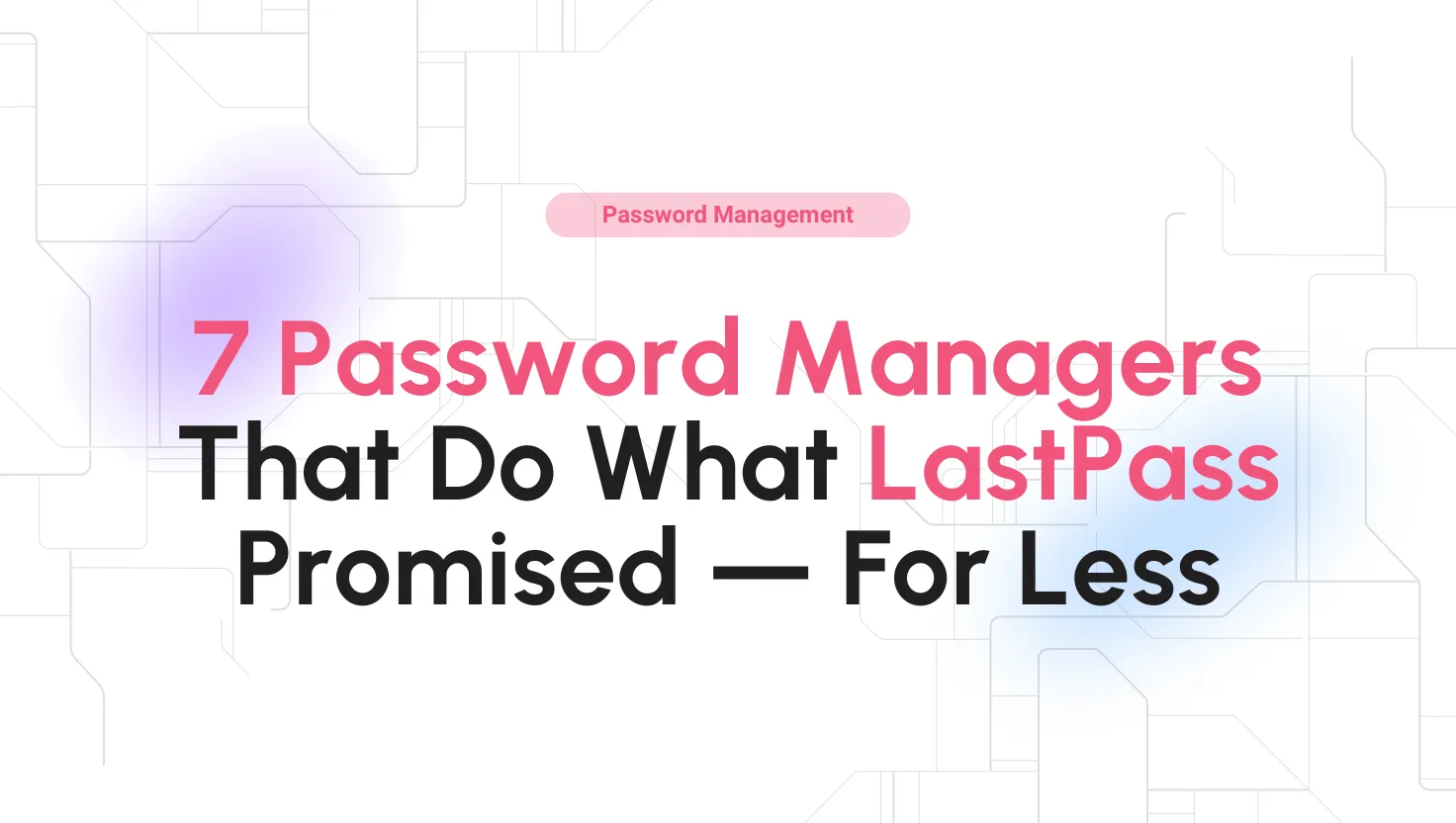
RustDesk Reviews for 2026
Save 40% on your SaaS stack with expert guidance
Free Consultation
What is RustDesk?
RustDesk is an open-source remote desktop application that stands as a secure alternative to traditional remote control software. It’s designed for users who value self-hosting and security, with minimal configuration required. RustDesk supports a wide range of platforms, including Windows, macOS, Linux, iOS, Android, and Web, making it highly versatile.
A significant feature of RustDesk is its self-hosting capability, allowing users to own their data and set up a hosting solution on their infrastructure. This feature is enhanced by end-to-end encryption based on NaCl, ensuring robust data security. It supports various software codecs like VP8, VP9, AV1, and hardware codecs like H264 and H265, offering flexibility in remote connections.
RustDesk is ideal for scenarios like IT support, administration, and remote work. Its ease of use, with no need for administrative privileges or installation for Windows, makes it accessible to a wide range of users. The platform focuses on simplicity and security, offering a reliable and straightforward solution for secure remote desktop access.
Found in these Categories
Best For
- Freelancers
- Small Business
- Medium Business
RustDesk Pricing
Looking to Save Time & Money
Audit, consolidate, and save—powered by our internal buying team. Let our experts analyze your current software stack and identify opportunities for cost savings and efficiency improvements.
- Stack Audit
- Cost Reduction
- Expert Team
RustDesk Features
- Access Control/Permissions
- Troubleshooting
- Session Transfer
- Screen Sharing
- Screen Recording
- Reporting/Analytics
- Remote Printing
- Remote Configuration
- Remote Access/Control
- Real-Time Chat
- Multiple Operating System (OS) Support
- Multiple Monitor Access
- Software Codec Support
- Cross-Platform Compatibility
- P2P Connection
- Hardware Codec Support
- Simple Setup
- Open Source
- Secure Remote Access
- End-to-End Encryption
- No Administrative Privileges
- Minimal Configuration
- Data Ownership
- Multi-Platform Support
- Self-Hosting Capabilities
User Sentiment - RustDesk Reviews
-
Open Source & Free
RustDesk is fully open-source, which appeals to users looking for transparency and the ability to self-host their data. The free version includes robust features such as end-to-end encryption, ensuring secure remote sessions.
-
Self-Hosting Capabilities
One of RustDesk’s standout features is the ability to set up your own self-hosted server. This gives businesses full control over data, enhancing security and privacy while offering customization options
-
Cross-Platform Support
It works across multiple operating systems and devices, allowing seamless remote access and control. This is particularly helpful for users needing to connect from a mobile device to a desktop
-
Easy to Use
Users appreciate the straightforward setup and user-friendly interface. Basic functionality doesn’t require complex configurations—just enter a device ID and password, and you’re connected.
-
Cost-Effective for Advanced Users
While the free version covers most essential features, a paid tier starts at $9.90 per month and unlocks additional capabilities like web-based dashboards and relay servers for more advanced users.
-
Limited Features Compared to Competitors
Some advanced features available in tools like TeamViewer, such as multi-monitor support and session recording, are either limited or missing in RustDesk’s free version
-
Security Concerns on Public Servers
Although RustDesk offers end-to-end encryption, users have pointed out that relying on public servers for remote access might expose them to potential risks. Self-hosting mitigates this but isn’t practical for everyone
-
Reliability of Public Servers
While RustDesk provides its own public servers, users have noted that performance can sometimes be slow, especially during high-demand periods. Self-hosting can resolve this, but it requires more technical knowledge
-
Rapid Development & Potential Bugs
As the software is still under active development, some users have experienced bugs and missing features in newer releases. This can impact the reliability of the tool for mission-critical tasks
-
Lack of Brand Recognition
Compared to bigger players like TeamViewer or AnyDesk, RustDesk is less well-known. This might cause hesitation for businesses that prioritize proven and widely supported software
Leave a Review
RustDesk Company Details
Company Name
RustDesk
Headquarters
Singapore
Website
rustdesk.com
Own this Software?
RustDesk vs. Similar Products
Select up to 3 Software, to enable Comparison
Compare Selected SoftwareRustDesk Frequently Asked Questions
RustDesk is primarily used for remote desktop access, enabling users to connect to and control computers remotely for IT support, remote administration, and flexible work arrangements.
Yes, RustDesk is generally considered easy to use, even for people who are not highly technical. Here are some reasons why:
- Simple Interface: RustDesk has a straightforward user interface that makes it easy to navigate, with clear options for connecting to remote devices.
- Quick Setup: You can install RustDesk and start using it quickly without any complicated configurations. It generates a unique ID and password for the remote device, which you can use to connect securely.
- Cross-Platform: RustDesk works across various operating systems, including Windows, macOS, Linux, Android, and iOS, making it accessible on various devices.
- No Account Required: Unlike some remote desktop software, RustDesk doesn’t require users to create an account, simplifying the process for users who just need a quick connection.
- Self-hosting Option: For those with more technical skills, RustDesk allows the option to set up your own server for greater privacy and control, though this isn’t necessary for basic use.
Overall, RustDesk is designed to be user-friendly, making it a good choice for both beginners and advanced users.
No, RustDesk is a legitimate open-source software developed for remote desktop access, widely used and supported by a community of users and developers.
Yes, RustDesk is open-source. This means its source code is publicly available for anyone to view, modify, and contribute. Being open-source offers several advantages:
- Transparency: Users can inspect the code to ensure no hidden vulnerabilities or malicious elements, enhancing trust.
- Community Contributions: Developers from around the world can improve RustDesk by adding features, fixing bugs, or improving security.
- Free to Use: RustDesk is free, and its open-source nature ensures that users can benefit from the software without any licensing fees.
- Self-hosting: The open-source model allows users to set up their own relay/rendezvous server if they prefer not to rely on third-party infrastructure, offering more privacy and control.
You can access RustDesk’s source code on its GitHub repository, where it’s actively maintained by developers and the open-source community.
To use RustDesk for remote desktop control:
- Download and Install: Visit the RustDesk website, download the version for your operating system, and install it following the provided instructions.
- Launch the Application: Open RustDesk on both the local (controller) and remote (to be controlled) devices.
- Generate a Connection ID: On the remote device, RustDesk will provide a unique ID and password necessary for establishing a connection.
- Establish the Connection: On the local device, enter the remote device’s ID in the “Remote ID” field, connect, and enter the provided password when prompted.
- Control the Remote Device: Once connected, you can control the remote device as if you were physically present, using your keyboard and mouse.
- End the Session: Close the RustDesk window on the local device or have the remote device user terminate the session.
- Use Advanced Features (Optional): Utilize additional functionalities like file transfers, clipboard sharing, and enhanced security settings for custom encryption and self-hosting options.
RustDesk is a secure, open-source alternative for remote desktop access, emphasizing user privacy and data control.
Installing a RustDesk Server allows you to host your relay and rendezvous server in a more secure and controlled environment, especially if you don’t want to rely on RustDesk’s public servers. Here’s how to install the RustDesk server on your machine:
Prerequisites:
- A Linux server (Ubuntu, CentOS, Debian, or similar) with root access.
- A domain name (optional but recommended for secure connections).
- Basic knowledge of using the command line.
Steps to Install the RustDesk Server:
- Update Your Server: Use your package manager to run updates and ensure your Linux server is up to date with the latest packages.
- Install Docker: RustDesk uses Docker, so you need to install Docker on your server. You can do this by visiting Docker’s website, following their installation guide for your Linux distribution, and ensuring Docker runs correctly.
- Install Docker Compose: After Docker, you will need Docker Compose to manage the RustDesk containers. Download Docker Compose from its official website and follow the installation instructions.
- Download RustDesk Server Files: The necessary server files are available from RustDesk’s GitHub repository. These files include the server’s configuration and Docker Compose.
- Configure the Server: Edit the configuration file (config.env) to set your server’s details, such as domain name or IP address. This step ensures that the server will work with your network.
- Start the Server: Once everything is configured, start the RustDesk server using Docker Compose. This command will download and run the necessary Docker containers to host your server.
- Configure RustDesk Clients: On each RustDesk client, go to the settings and enter your server’s domain or IP address in the “ID/Relay Server” field. This will connect the clients to your private server instead of public servers.
By following these steps, you will have a RustDesk server running on your machine, allowing for secure and private remote desktop connections.
RustDesk is used for remote desktop access and control, enabling users to connect to and manage other devices over the internet. Here are its key uses:
- Remote Support: It allows IT professionals, technicians, or support teams to remotely troubleshoot and fix issues on clients’ computers.
- Work from Anywhere: Users can access their office or home computer remotely, making it easy to manage files, programs, or systems from any location.
- Remote Collaboration: RustDesk facilitates collaboration between teams or individuals by enabling them to share their screens and control each other’s devices when necessary.
- Secure File Transfer: It allows for the secure transfer of files between local and remote devices, simplifying the process of sharing documents or media during remote sessions.
- Self-hosted Privacy: RustDesk gives users the option to set up their own server, ensuring that all connections and data remain private and controlled by the user rather than third-party servers.
In essence, RustDesk is used for secure, private, and flexible remote desktop connections, making it suitable for personal use, IT support, or business environments.
RustDesk was created by a group of developers passionate about providing a more secure and privacy-conscious remote desktop solution. The project is open-source, so it has contributions from a wider community of developers. Still, Luo Yu and a small team of contributors lead the primary development and leadership of RustDesk. They aim to offer a free, open-source alternative to popular remote desktop tools, allowing users to self-host their server and ensuring more control over their data.
You can find RustDesk’s development activity and contributions on its GitHub repository, where many developers worldwide contribute to its ongoing improvement. The project is also community-driven, with feedback and input from users and developers alike.
Yes, RustDesk is encrypted. RustDesk uses end-to-end encryption (E2EE) to protect the data transmitted between devices during remote desktop sessions. This ensures that any data shared, including screen information, inputs, and file transfers, is secure and inaccessible to unauthorized parties.
Key Points about RustDesk’s Encryption:
- End-to-End Encryption (E2EE): The data between your local and remote device is encrypted, making it unreadable to anyone who might intercept it during transmission.
- Custom Encryption with Self-Hosting: If you set up your own RustDesk server, you can control and further customize the encryption settings to enhance security even more.
- Secure by Default: Even when using RustDesk’s default public servers, the communication is encrypted, offering protection against eavesdropping or tampering.
RustDesk is designed with privacy and security in mind, making it a trustworthy solution for secure remote desktop access.
RustDesk does not store user data as it primarily operates through direct connections. If you set up your own server, data management and storage depend on your configuration and infrastructure.
Yes, RustDesk remains free to use under its open-source license. It also offers a professional version for users requiring advanced features and support.
Key Points:
- Open-source: RustDesk’s source code is publicly available, allowing anyone to use and contribute to it freely.
- No Subscription Fees: RustDesk does not have subscription models or hidden fees. You can use It for personal or professional purposes without any charges.
- Self-Hosting Option: For users who prefer more control and privacy, you can set up your own RustDesk server at no cost, although hosting a server may involve expenses related to maintaining your infrastructure (e.g., cloud hosting fees).
While RustDesk is free, its open-source nature allows developers and businesses to adapt it to their specific needs, making it a cost-effective alternative to paid remote desktop solutions like TeamViewer or AnyDesk.

